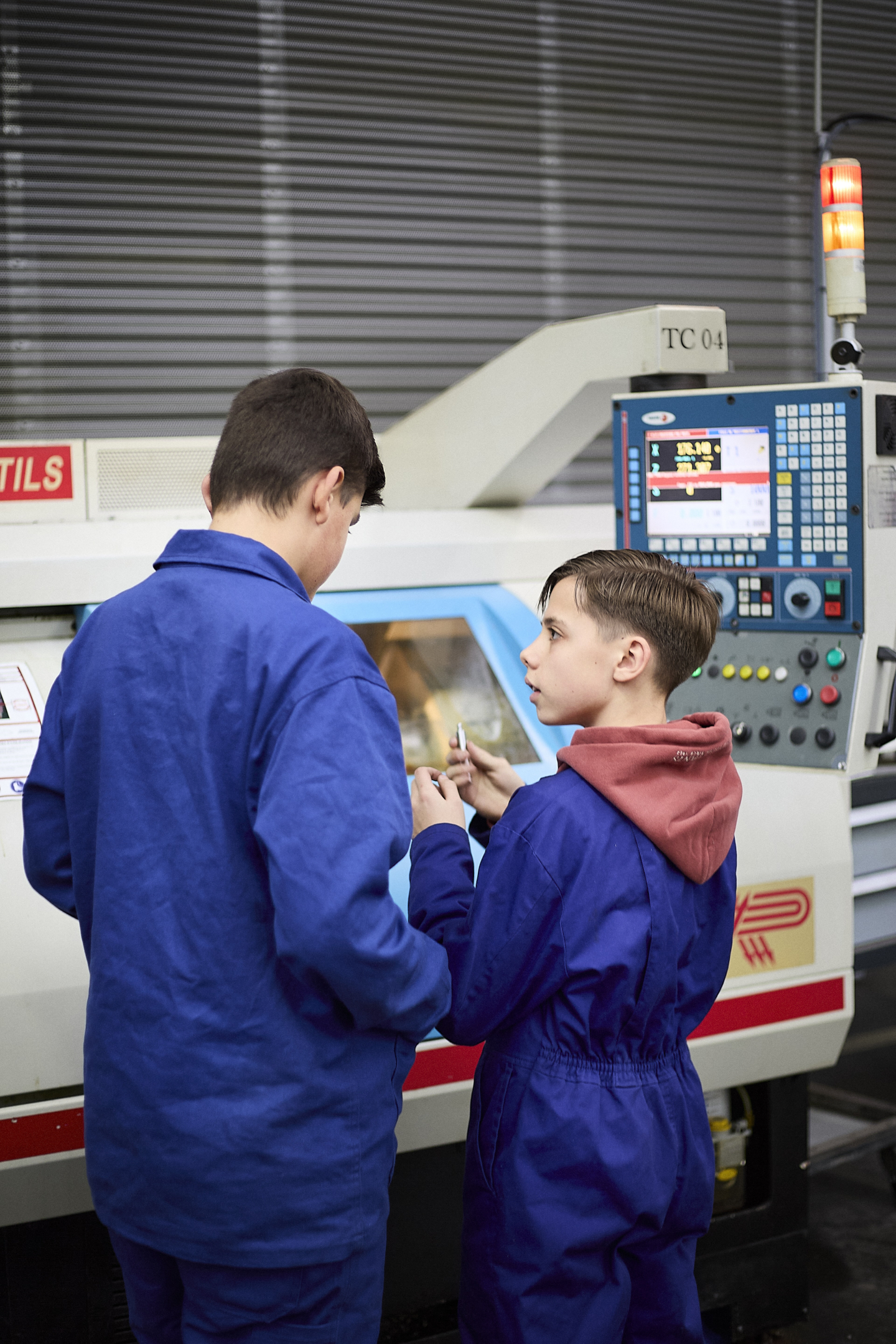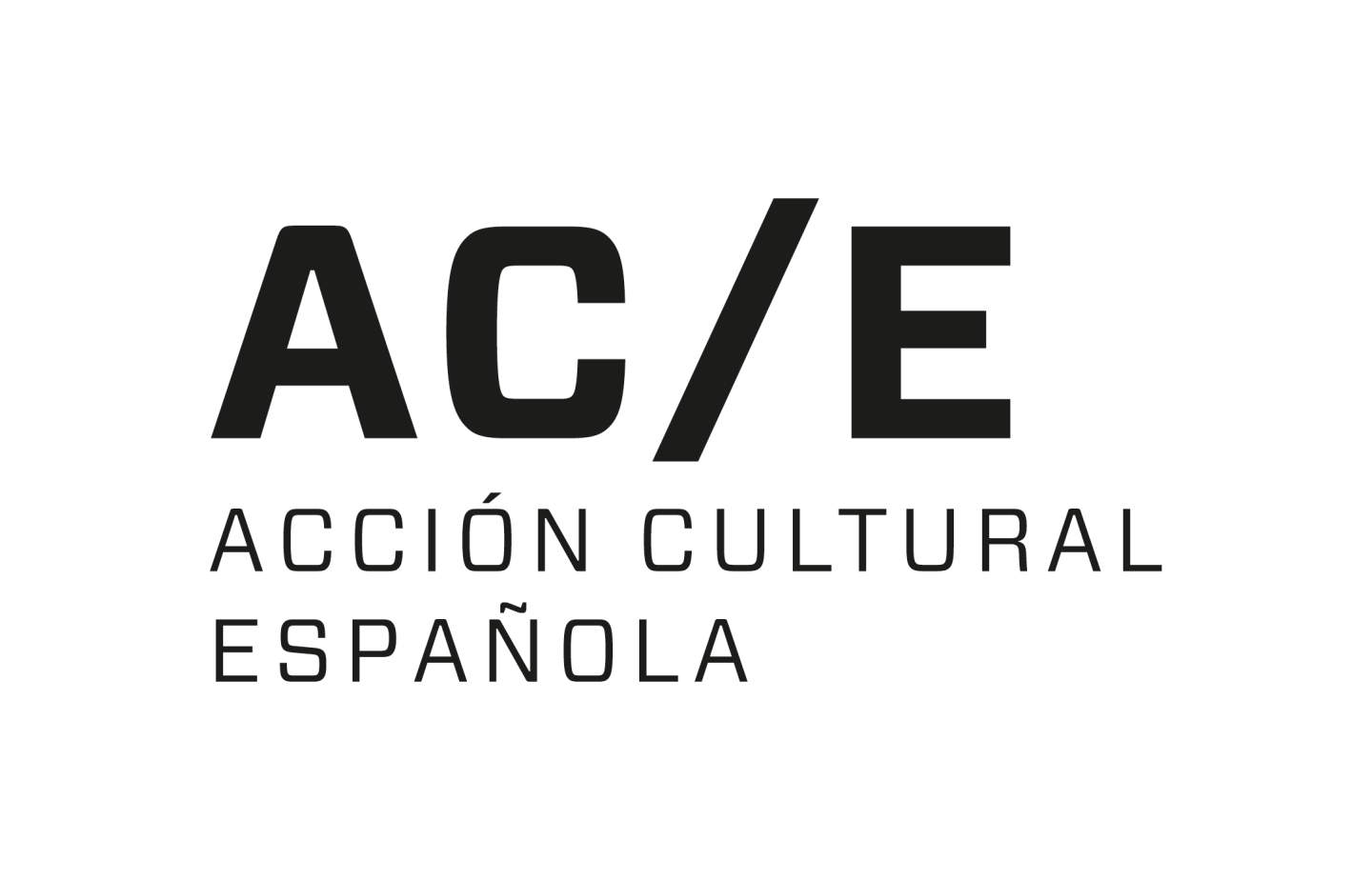La Société Automatique
.2025—

Automation first transformed the world of industrial production; it has now integrated every spheres of life, from the intimate to the social.
The Automatic Society is an exhibition that questions our fears and expectations towards technology. It presents a vision of our present-future where automation infiltrates every aspect of life, as robots, AI, and machine-controlled environments gradually displace human agency.
The Spanish-Belgian artist Félix Luque Sánchez, once again, takes us on a unique and fragmented journey through the complex relationship between humans and technology. Using a diverse array of mediums -from robotics to photography, sculpture, film, music, and performance-, La Société Automatique delves into not only the mechanisms of alienation, but also of those of resistance, exploring the cultural and artistic productions that emerge as contre-culture from our relationship with machines.
The exhibition takes its name from a 2012 lecture of philosopher Bernard Stiegler where he elaborates on the era of the automatic society. In this conference, Stiegler explores how automation is revolutionizing the way we live, socialize and work, while provoking profound questions about the future of humanity.
iMAL, co-producer alongside Fédération Wallonie-Bruxelles, LABoral and EUROPALIA, has a long-standing relationship with the artist and has had the privilege of witnessing Félix Luque Sánchez’s artistic trajectory. After its presentation in Brussels, the exhibition will travel to LABoral Centro de Arte in Spain.
SHORT STATEMENT ABOUT THE ARTIST AND HIS COLLABORATORS
The work of Felix Luque Sánchez, in collaboration with Iñigo Bilbao, Damien Gernay and Vincent Evrard, explores how humans conceive their relationship with technology and provide spaces for reflection on current issues such as the development of artificial intelligence and automatism. Using electronic and digital systems of representation, as well as mechatronic sculptures, generative sound scores, live data feeds and algorithmic processes, they create narratives in which fiction blends with reality, suggesting possible scenarios of a near future and confronting the viewer with her fears and expectations about what machines can do.
Pau Waelder





